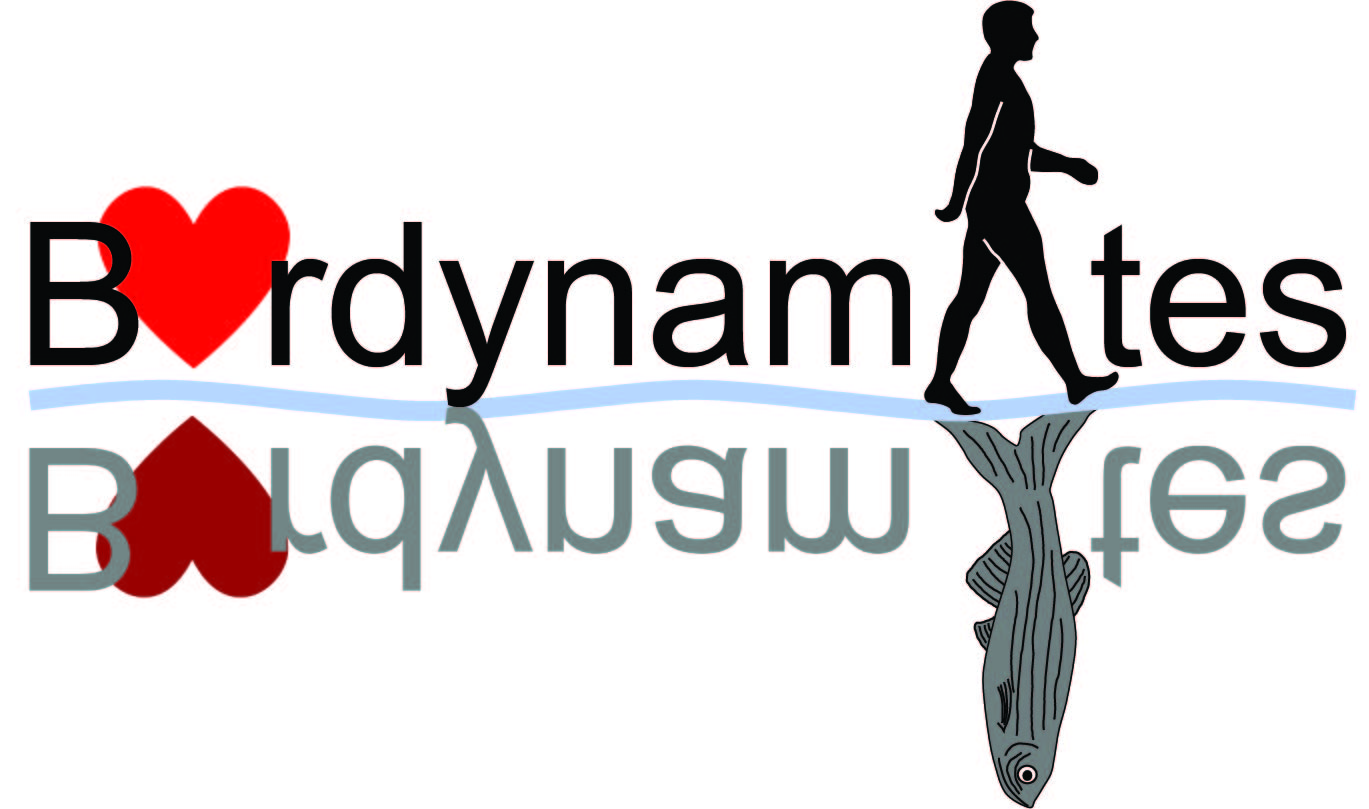Health-related quality of life and medication use among individuals with Angelman syndrome.
Type
PURPOSE: The primary goal of this analysis is to describe the health-related quality of life (HRQoL), medical history, and medication use among adolescents and adults individuals with Angelman syndrome (AS).
METHODS: The analysis uses baseline data collected during the STARS study, a double-blind placebo controlled trial of gaboxadol (OV101) in adolescents and adults with AS. The HRQoL was estimated using EuroQoL 5-Dimension 5-Level (EQ-5D) health questionnaire proxy 1 version, which was completed by the caregivers. EQ-5D consists of two parts, a 5-dimension descriptive and a visual analogue scale (VAS) component. The utility score derived from EQ-5D ranges from 0 to 1 (perfect health) and VAS ranges from 0 to 100 (perfect health).
RESULTS: 87 individuals with AS were included in the present analysis. The mean utility score was 0.44 ± 0.20 and VAS score was 84 ± 1.5. The EQ-5D data indicated that the self-care, mobility and daily activities were most impacted. All adolescents (100%) and most adults (93%) had at least moderate problems with self-care activities, such as washing or dressing themselves. More than half (55%) of the adolescents and adults had at least moderate issues with mobility and usual activities. Approximately, 30% of adolescents and adults had moderate to extreme problems with anxiety/depression. High baseline concomitant use of medications was observed across both age groups with an average of 5 medications being used per person.
CONCLUSION: This study highlights the impact of AS on HRQoL and medication utilization among adolescents and adults individuals with AS.

